
ノーベル賞について知りたいです。
ノーベル賞は、ダイナマイトを発明したスェーデン人のアルフレッド・ノーベルが、遺言として残した世界的な賞です。
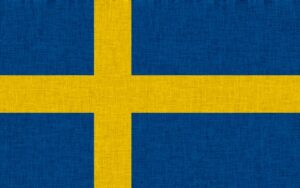
ノーベルは、1833年に生まれ、1896年に亡くなりました。
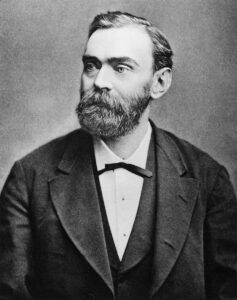
ノーベル賞は、物理学賞、化学賞、医学生理学賞、文学賞、平和賞、経済学賞の6つからなっています。
物理学賞、化学賞、経済学賞の3つはスェーデン国立科学アカデミーが相談して決めます。
医学生理学賞はカロリンスカ研究所が、平和賞はノルウェー国会が、そして、文学賞は、スェーデン・アカデミーが相談して決めます。
受賞者には、メダルと賞金が与えられます。
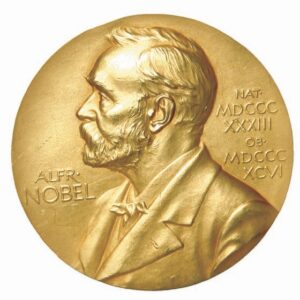
日本人として一番最初にノーベル賞を受賞したのは、1949年に受賞した湯川秀樹博士です。
「中間子」という目に見えないような小さな物質があるのではないかと予想して、物理学賞をもらいました。
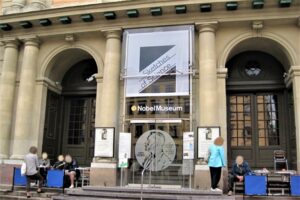
物理というのは、理科の一分野です。
理科の学習は、人間が長い歴史の間に「自然」についてわかったことを学ぶ学習です。
理科の学習では、人間が長い年月をかけてわかったことを、実験をしたり観察をしたりしながら学びます。
Nobel Prize
The Nobel Prize is a worldwide award left by Alfred Nobel, the Swedish inventor of dynamite, as his last will and testament.
Nobel was born in 1833 and died in 1896.
The Nobel Prize consists of six awards: Physics, Chemistry, Physiology or Medicine, Literature, Peace, and Economics.
The three Nobel Prizes in Physics, Chemistry, and Economics are awarded by the Swedish National Academy of Sciences.
The Prize for Medical Physiology is decided by the Karolinska Institutet, the Prize for Peace by the Norwegian Parliament, and the Prize for Literature is decided in consultation with the Swedish Academy of Sciences.
The laureates receive a medal and a cash prize.
The first Japanese person to receive the Nobel Prize was Dr. Hideki Yukawa, who received it in 1949.
He received the prize in physics for predicting the existence of tiny, invisible substances called mesons.
Physics is a branch of science.
The study of science is the study of what humans have learned about “nature” over the long history of mankind.
In science, students learn through experiments and observations what humans have figured out over time.
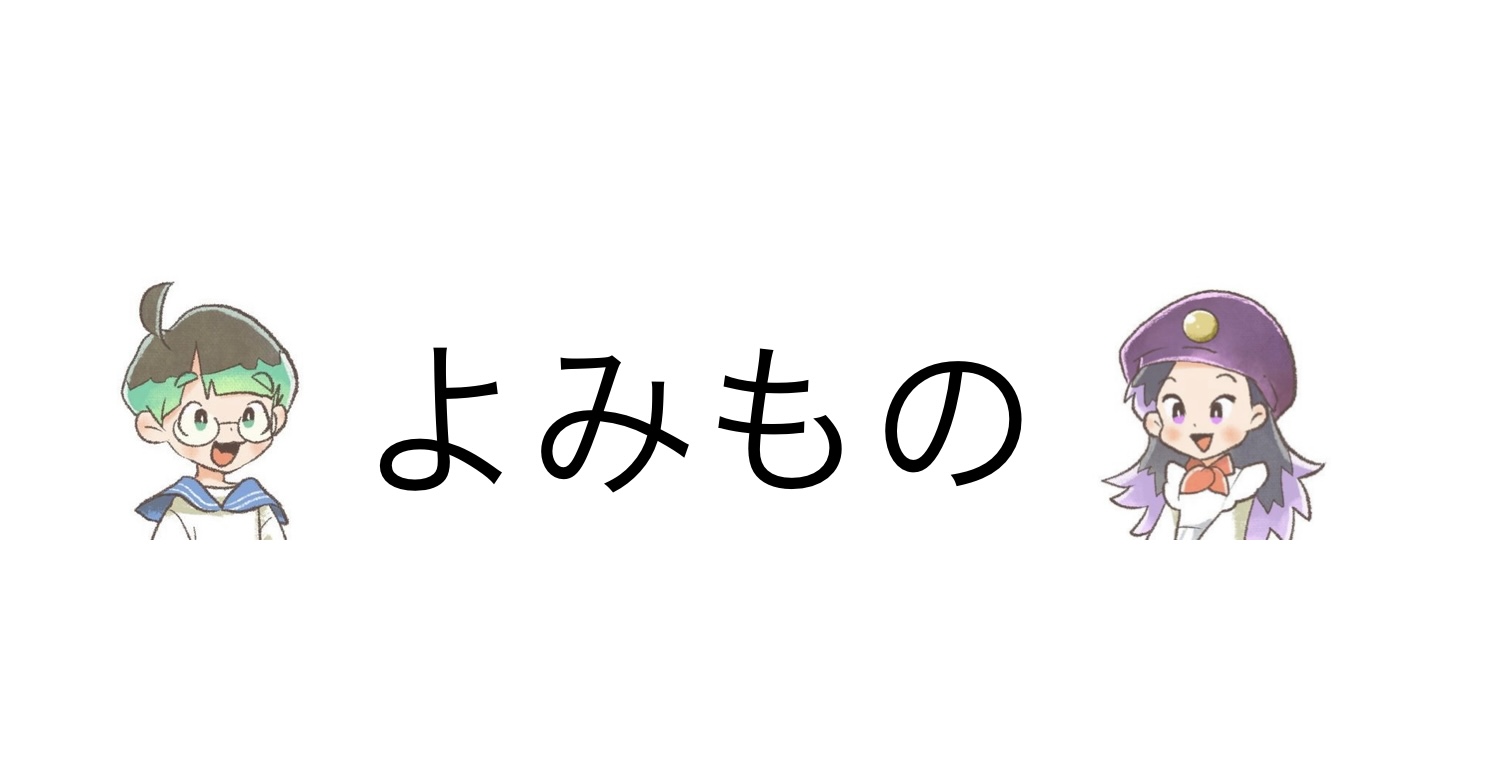
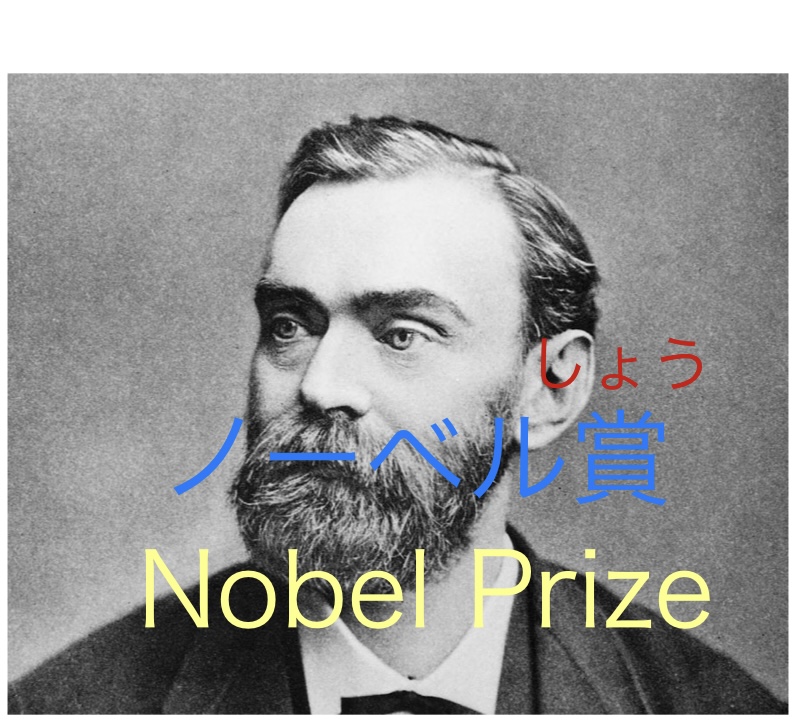


コメント